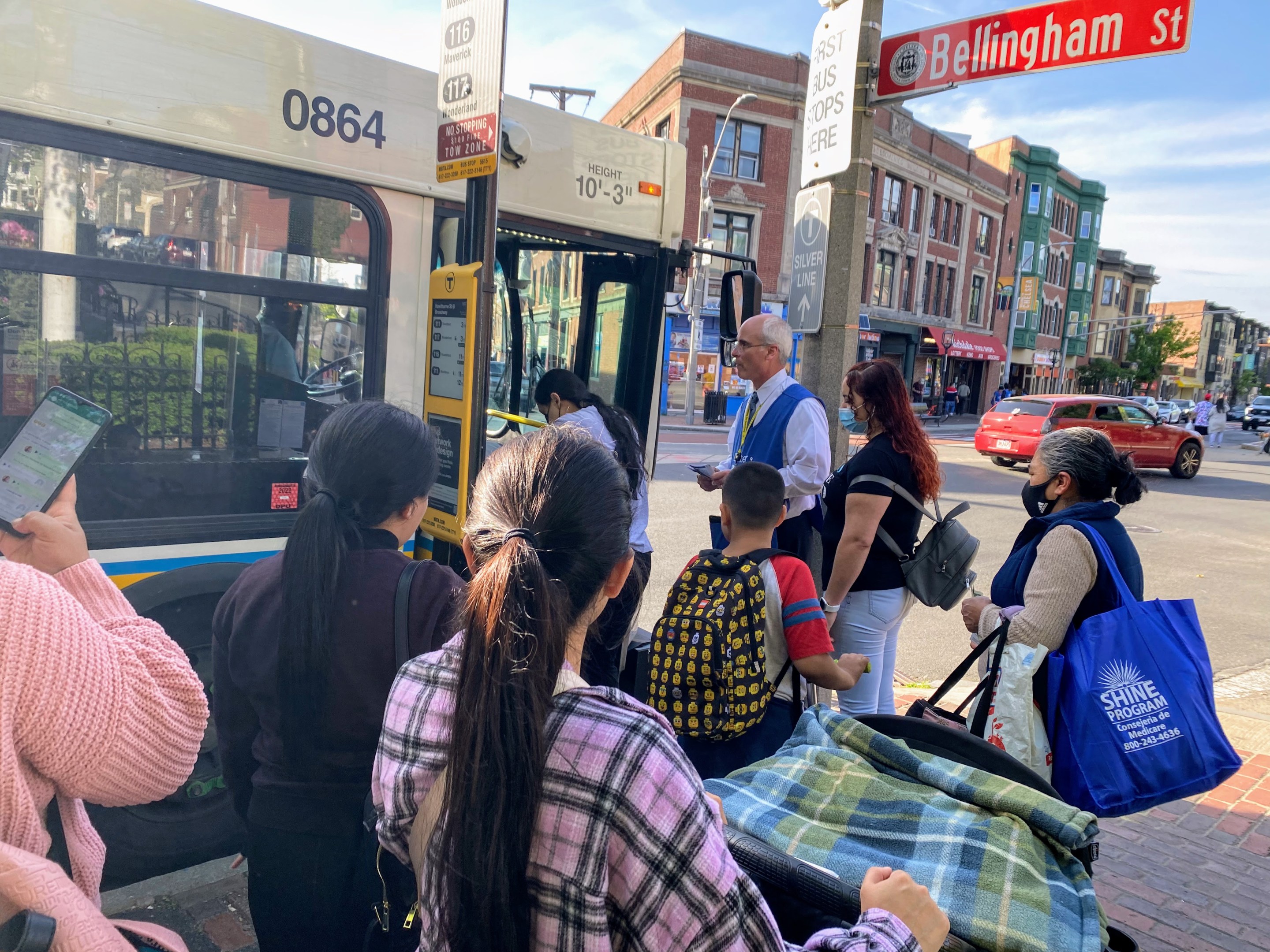A new report from the LivableStreets Alliance and Boston's office of the Institute for Transportation & Development Policy (ITDP) establishes a clear agenda for the legislature, the MBTA's management, and municipal governments to improve the region's struggling bus system.
The report, Keeping Pace: How Greater Boston’s Bus System Can Support a Growing and Changing Region, catalogs the key challenges facing the region's buses, including the T's worker shortages, its outdated bus garages, fickle state funding, and traffic congestion.
"No one player — not the MBTA, the legislature, the city of Boston, nor the 50 other communities served by the bus system — can fix this problem alone," write the report's authors. "This report outlines a concrete, time-bound plan for policymakers across all levels of government to get our bus system on the right track."
Among the report's key to-do items:
One of the report's key arguments – and the reason for its title – is that the region's current bus fleet is actually smaller than it was in the early 1970s, even though the region has added 1.7 million new residents since then.
The region's fastest-growing communities – Everett, Chelsea, and Revere – are home to large numbers of lower-income, transit-dependent households. But the long-running lack of investment in bus drivers, buses, and bus facilities means that those cities also suffer from bus trips that are frequently delayed and severely crowded.
The report's authors give credit to the MBTA for its new bus network redesign plan, which calls for a 25 percent increase in the agency's bus service and new "frequent-service" bus routes, including several in Everett, Chelsea, and Revere, within the next five years.
The MBTA board of directors endorsed that plan in its November board meeting.
But given the agency's worker shortage and aging bus facilities, actually implementing that plan will require major changes from state lawmakers, the Healey administration, and local governments.
"We started working on this report before bus network redesign was a concrete outcome," said Julia Wallerce, the Boston program manager for ITDP, in a phone conversation with StreetsblogMASS earlier this week. "We knew there needed to be a body of work that ties together the universe of issues that everyone needs to address for that plan to become a reality, and cultivate a robust and functional bus system."
Download the report:
Keeping Pace: How Greater Boston’s Bus System Can Support a Growing and Changing Region

